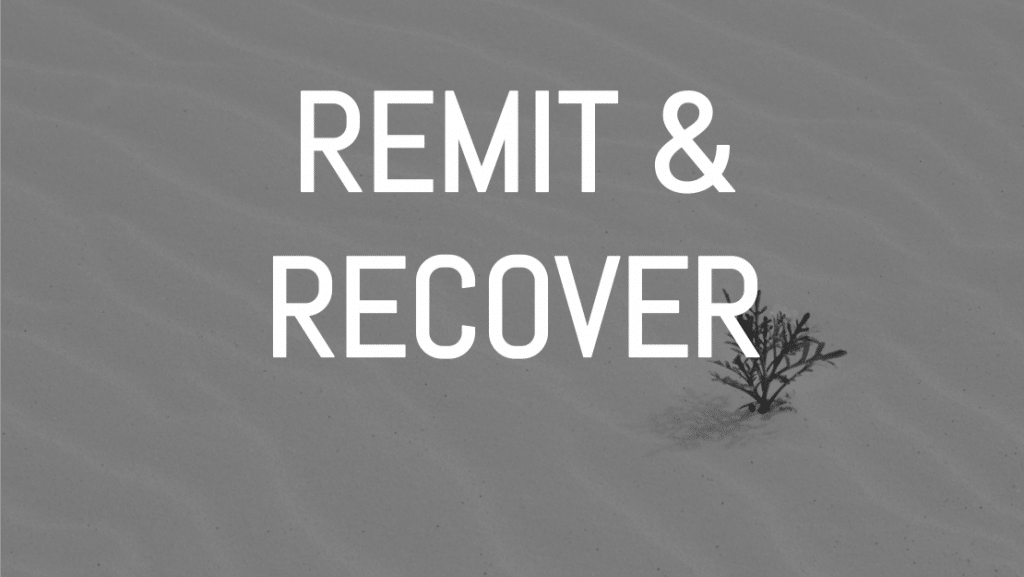
Reversing the migration trend
This program focuses on interventions in rural areas. REMIT’s goal is to restore and preserve ecosystems, creating an incentive for villagers to stay put instead of migrating towards the cities.
Restoring & improving livelihoods
Inherent to a REMIT-program is building new livelihoods, improving access to quality education and healthcare, and increasing revenue streams - for instance by generating business opportunities.
As a result, the migration trend of villagers will be reduced - and may even be partially reversed, thus preventing further strain on the metropolis.
Pure Positive Impact
Want to know more?
A use-case: the urbanization perspective in India
At this moment, 70% of the total population in India live in rural areas. The current rural to urban migration trend and the natural growth of India’s population requires for the urban building stock to increase severalfold in the coming decade.
Such an explosive increase in the built-up area will have an enormous impact on the quality of urban space, on water and energy resources in cities, and waste generation. However, the extraction of the required feedstock and resources from the natural ecosystems to facilitate this explosive increase, in turn, will lead to further degradation of the natural ecosystems, accelerating and increasing, in turn, rural-urban migration.
Prevent cities from becoming unlivable
Unless guided by the right principles for the proper design, planning, implementation, and operation of this increased built-up urban areas by the building sector, big infra firms and municipal utility corporations, cities may become unlivable while natural ecosystems will become and left depleted of sufficient resources and local livelihoods in rural areas.
REMIT introduces an innovative approach and a set of toolboxes about interlinking and interoperable with Smart City Development and other types of urban interventions.
